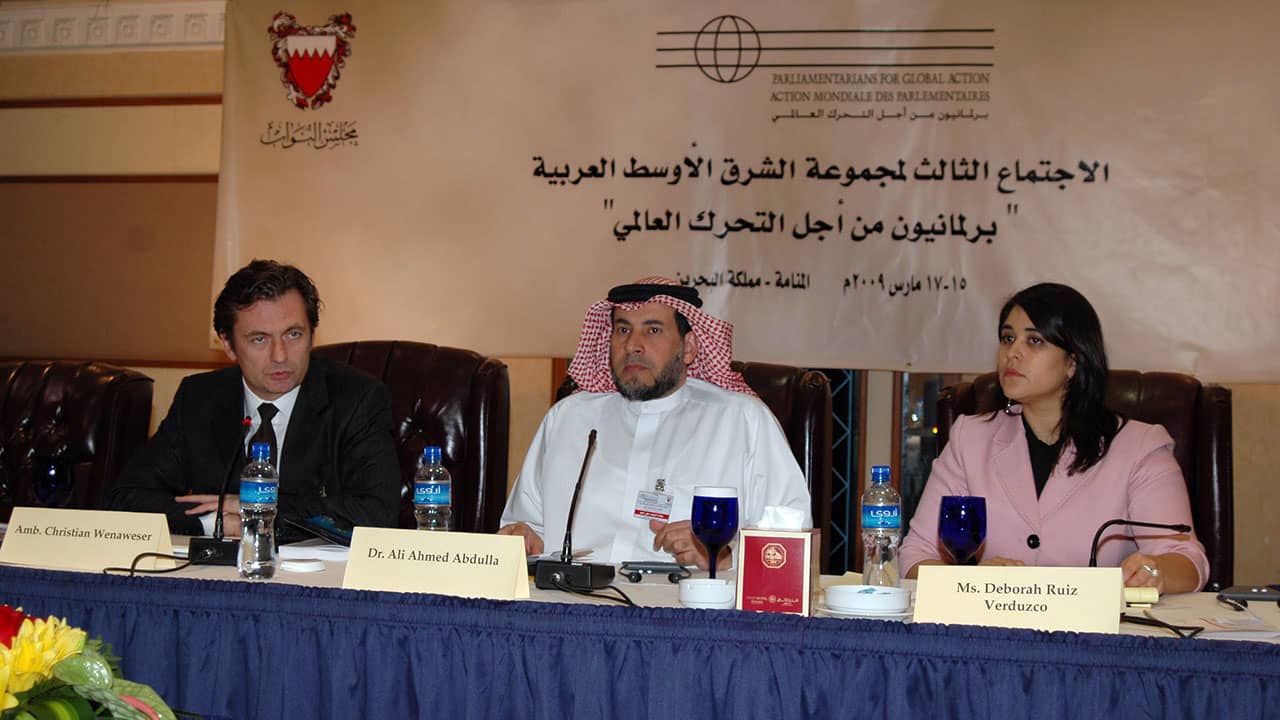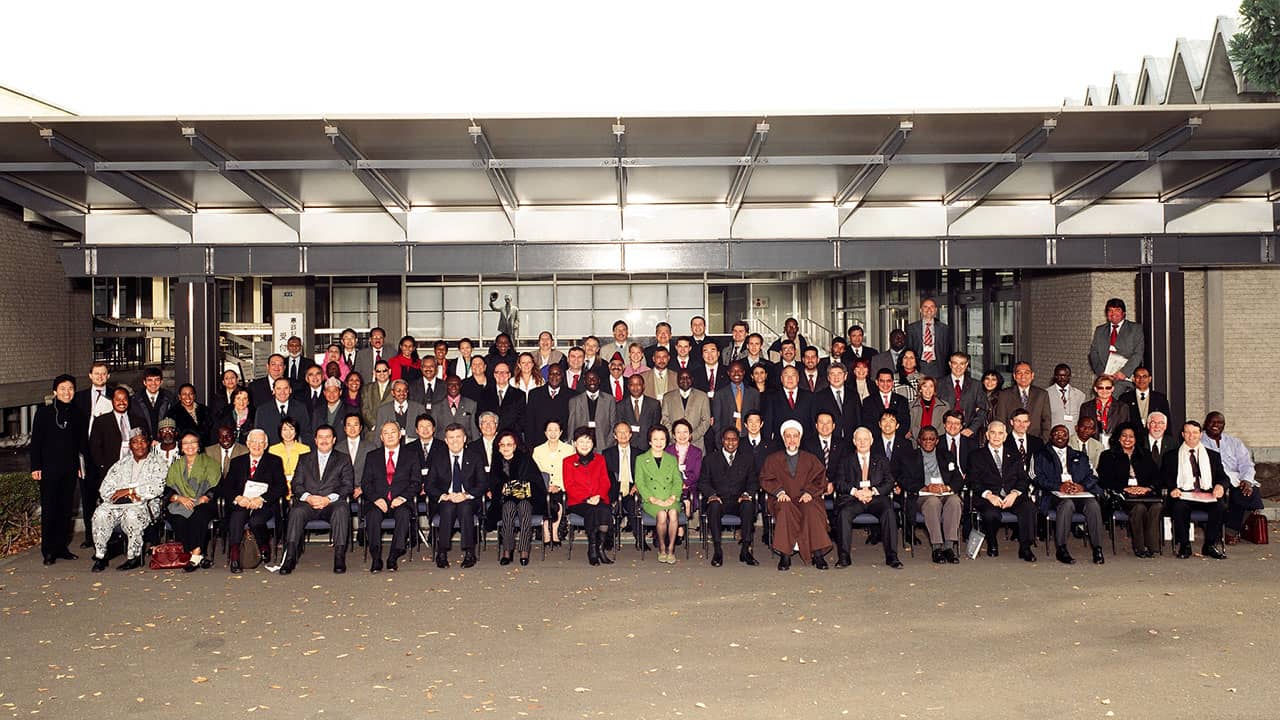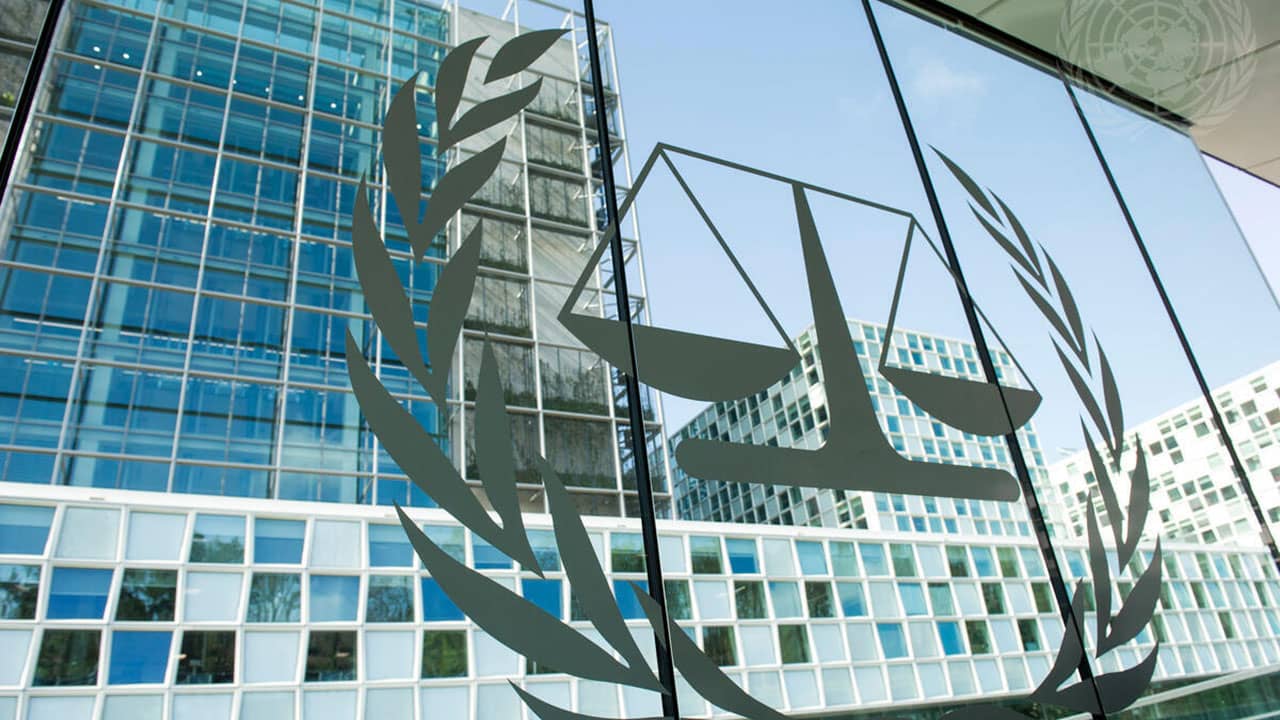Japan and the Rome Statute
PGA contributed to the Japan’s ratification of the Rome Statute of the International Criminal Court. During the 4th Session of the Consultative Assembly of Parliamentarians for the ICC and the Rule of Law held in Tokyo in 2006, the Japanese Government announced the imminent ratification of the Rome Statute. The CAP-ICC was designed to provide the Japanese Government with a public venue in which to announce the deposit to Parliament of the ICC Accession Bill.
| Signature, Ratification of/Accession to the Rome Statute of the ICC
|
| Accession Date: |
17 July 2007 |
| Amendments to the Rome Statute
|
| Ratification of the Kampala Amendment to Article 8 of the Rome Statute on war crimes [poison and expanding bullets in NIAC] (2010): |
No |
| Ratification of the Kampala Amendment to the Rome Statute on the crime of aggression reflected in Article 8 bis (2010): |
No |
| Ratification of the Amendment to Article 124 of the Rome Statute (2015): |
No |
| Ratification of the Amendment to Article 8 of the Rome Statute on war crimes [biological weapons] (2017): |
No |
| Ratification of the Amendment to Article 8 of the Rome Statute on war crimes [blinding laser weapons] (2017): |
No |
| Ratification of the Amendment to Article 8 of the Rome Statute on war crimes [non-detectable fragments] (2017): |
No |
| Ratification of the Amendments to Article 8 of the Rome Statute on war crimes [starvation as a war crime in NIAC] (2019): |
No |
| Adoption of implementation legislation of the Rome Statute of the ICC |
|
When Japan ratified the ICC Statute, the Japanese government concluded that acts of genocide and crimes against humanity could be mostly punished as traditional crimes, such as murder and rape. Therefore, Japan did not create crimes with these particular names under its national legislation. Among war crimes, offenses that the Penal Code does not cover are covered by the Law Concerning the Punishment of Grave Breaches of International Humanitarian Law – Law No. 115, 2004). However, this Act contains few of the underlying crimes recognized in Art. 8 of the Rome Statute. It has to be read in conjunction with the Penal Code (Law No. 45, 1907).
The Act on Cooperation with the International Criminal Court provides the procedures for handling all types of requests for cooperation under Part IX of the Rome Statute.
|
| Cooperation Agreements |
| Ratification of Agreement on Privileges and Immunities of the Court (APIC): |
No. |
| Signature of Agreement of Enforcement Sentences with the ICC: |
No. |
| Signature of Agreement of Interim and Final Release with the ICC: |
No. |
| Signature of Bilateral Immunity Agreement with the USA: |
No. |








